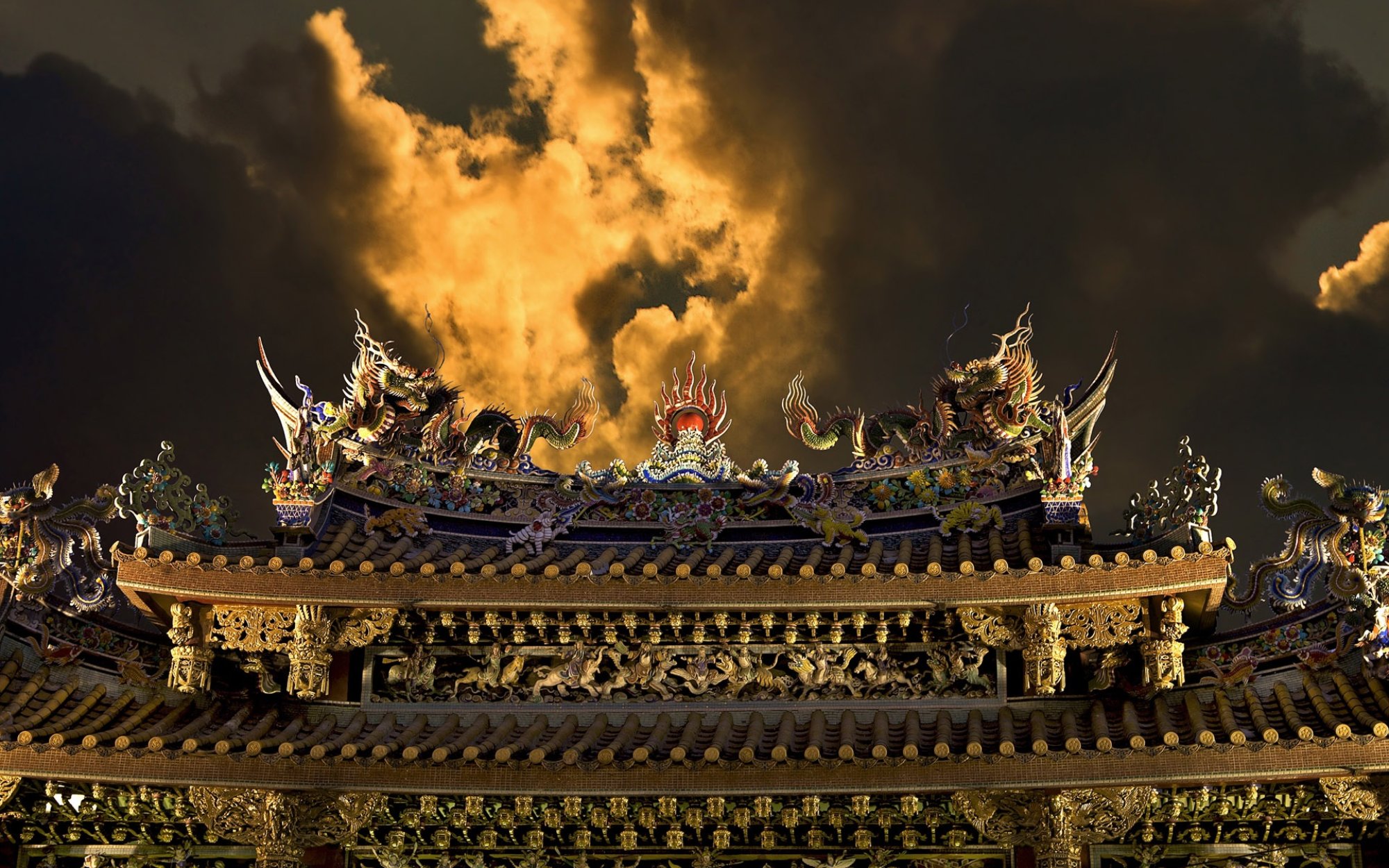
In contrast to the positives of choosing China, which is well known, many startups could face a variety of issues that can be difficult to overcome. Due to the pronounced differences between European culture and Chinese, it is often tricky for startups to kick off in China.
Unless a startup is based in China or neighbouring countries, the distance can pose a frustrating hurdle for startups when choosing China as their home for manufacturing. The cost of travelling to China, locating appropriate factories and establishing reliable delivery channels from China can be tedious to overcome. Making this reason one of the first barriers that deter startups.
The Chinese legal and political systems are very different compared to the countries in Europe and if a startup intends on surviving, it must understand these differences and adapt. The startup must also understand how to work within multiple different legal/political landscapes simultaneously. These differences could include, but not limited to: taxes, working conditions and manufacturing standards.
On top of legal and political differences, startups have to consider language and cultural differences when conducting business within China. This can be challenging for an experienced business such as a startup. Startups will have to source translators and/or bilingual employees and will need a lot of patience to deal with potential miscommunication. Additionally, startups will have to factor in additional costs and time for every project to make up for communication failures.
The “Made in China” label that is present on many of the products we use daily is plagued with a mixed reputation. From low-end, cheaply manufactured toys and electronics to industry leading technologies such as smartphones and appliances, opinions of the “Made in China” label vary greatly. However, it is the low-end products that distribute the most damage and gives Chinese manufacturing a bad reputation for startups, it can be very tempting to go with cheaper options, however, they risk putting your brand on poorly produced components and fall victim to the negative end of “Made in China” reputation and the ensuing stigma.
The main culprit for the stigma associated with Chinese manufacturing is the fact many Chinese factories opt for quantity over quality. While this keeps costs low, startups must be careful when choosing suppliers or factories. As not only will startups have to deal with the PR issues relating to putting their brand on poorly manufactured products, they will also have to deal with having more supply than they can sell. Being stuck with unsellable components and products will lead to expensive storage costs or being forced to sell stock at a loss.
While completion is a good thing, on one hand, it is a very frustrating thing on the other for new businesses in particular. In many cases, competitors will be sharing the same suppliers, factories and customers. As such, startups will have a tough fight to stay relevant, especially within the saturated technology industry. As a result, many startups fail within their first few years if they are unable to outperform the competition.
In conclusion, while China is leading purveyor of manufacturing, they are not without their flaws. For startups, choosing China as their home for manufacturing presents many challenges that can be difficult to overcome. From language barriers causing communication inconsistencies to legalities and political disquiets that could result in businesses being shut down altogether. However, once a startup has overcome these challenges, China is a very attractive and viable option to conduct business. Overall, when people think of manufacturing, factories and or mass production, China undoubtedly comes to mind.